Cottage in the Sky
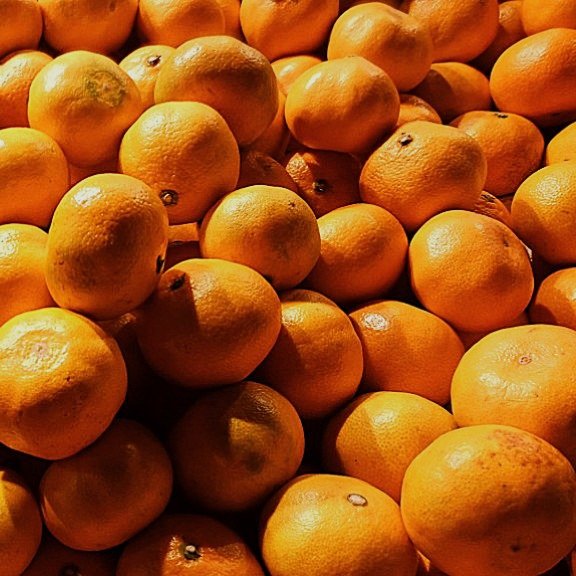
Oranges shouldn’t be processed into juice.
Juice has too much sugar to be considered healthy.
The Definition of Juice
Juice is the liquid portion of fruits and vegetables. It is prepared by mechanically squeezing the fruit or vegetable to extract the liquid. This liquid is usually filtered to remove the pulp (the fibrous, solid bits).
Wait! Isn’t Juice Supposed To Be Healthy?
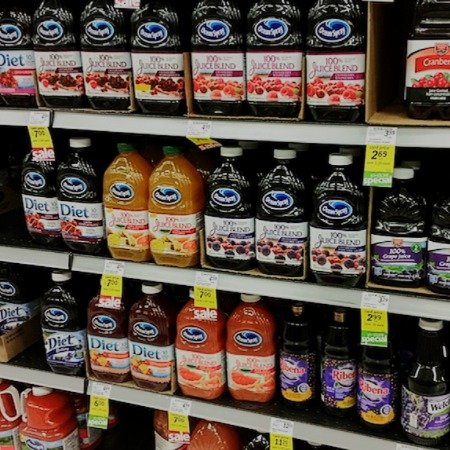
No. Even with the vitamins, minerals and anti-oxidants, juice is only perceived to be healthy. From this erroneous perception, a billion-dollar industry rages: juice diets, juice cleanses, juice bars, counter-top juicers, and of course, the sale of juice itself.
The Canada Food Guide no longer promotes juice as a plausible serving choice. In fact, it urges Canadians to choose fruit and vegetables more often than juice.
Eating fruit (and vegetables) is healthy. In fact, one orange will provide you with 88% of the vitamin C you’ll need for one day. One red bell pepper will give you 404% of your daily vitamin C requirement!
Juice Has Too Much Acid
Repeated exposure to the highly concentrated acid in fruit juice will eventually dissolve your tooth enamel. What’s more, the bacteria in the mouth metabolizes the excessive amount of sugar destroying even more enamel.
Juice Has Too Much Sugar
“Apple and orange juices can contain about five teaspoons of sugar per cup and grape juice double that amount of sugar.”— Dr. Yoni Freedhoff, Obesity Specialist at the Univeristy of Ottawa
Drink an 8oz glass of orange juice and up to 4 oranges worth of sugar are dumped into your bloodstream, overwhelming your blood concentration, and causing an insulin reaction.
What’s the Insulin Reaction?
The lack of pulp (fibre) in fruit juice allows too much sugar to be released into your blood stream too quickly:
- This causes a blood sugar spike.
- Your body reacts to protect your internal organs by secreting insulin.
- The “Insulin Team” removes the sugar from your blood.
- This sugar is then converted into fat and stuffed into your fat cells.
- This process leaves you not only heavier, but hungry too.
This Insulin Reaction is the main reason why consuming juice is considered unhealthy.
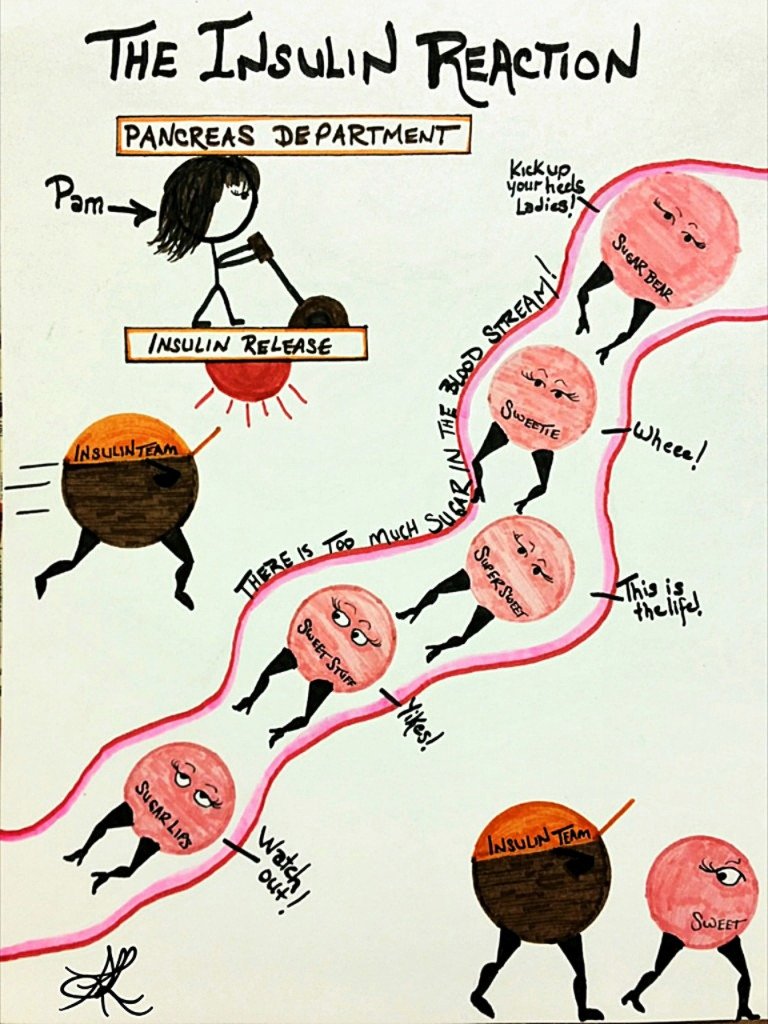
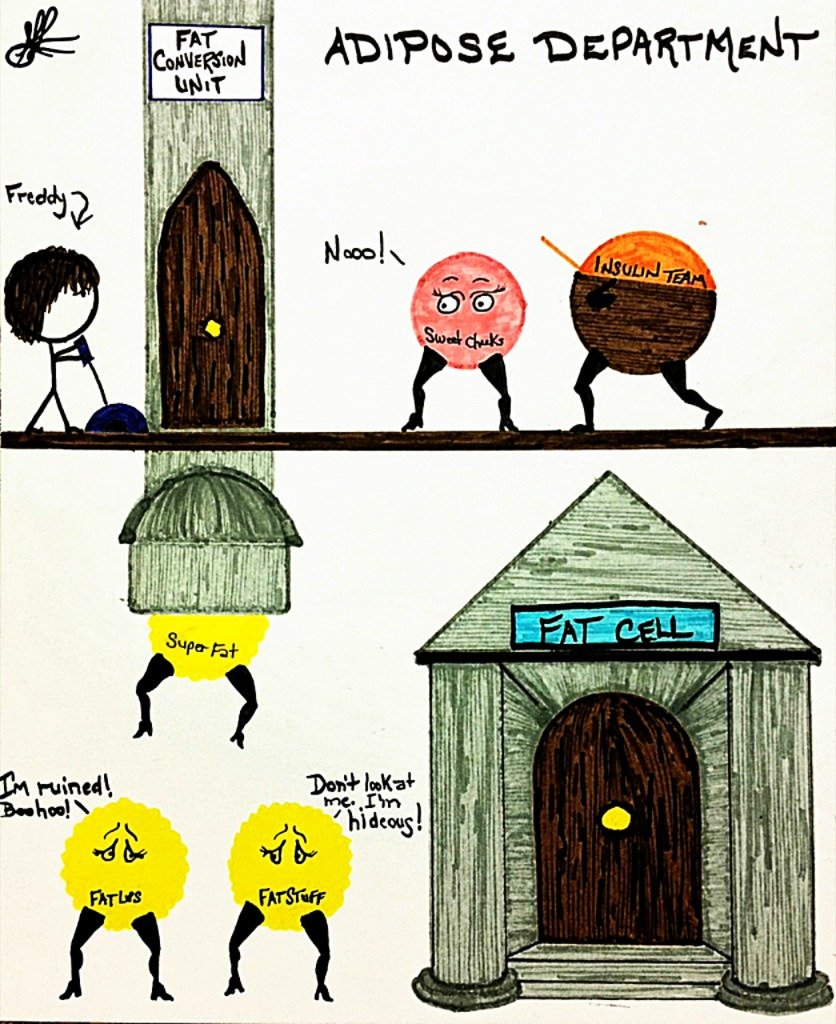
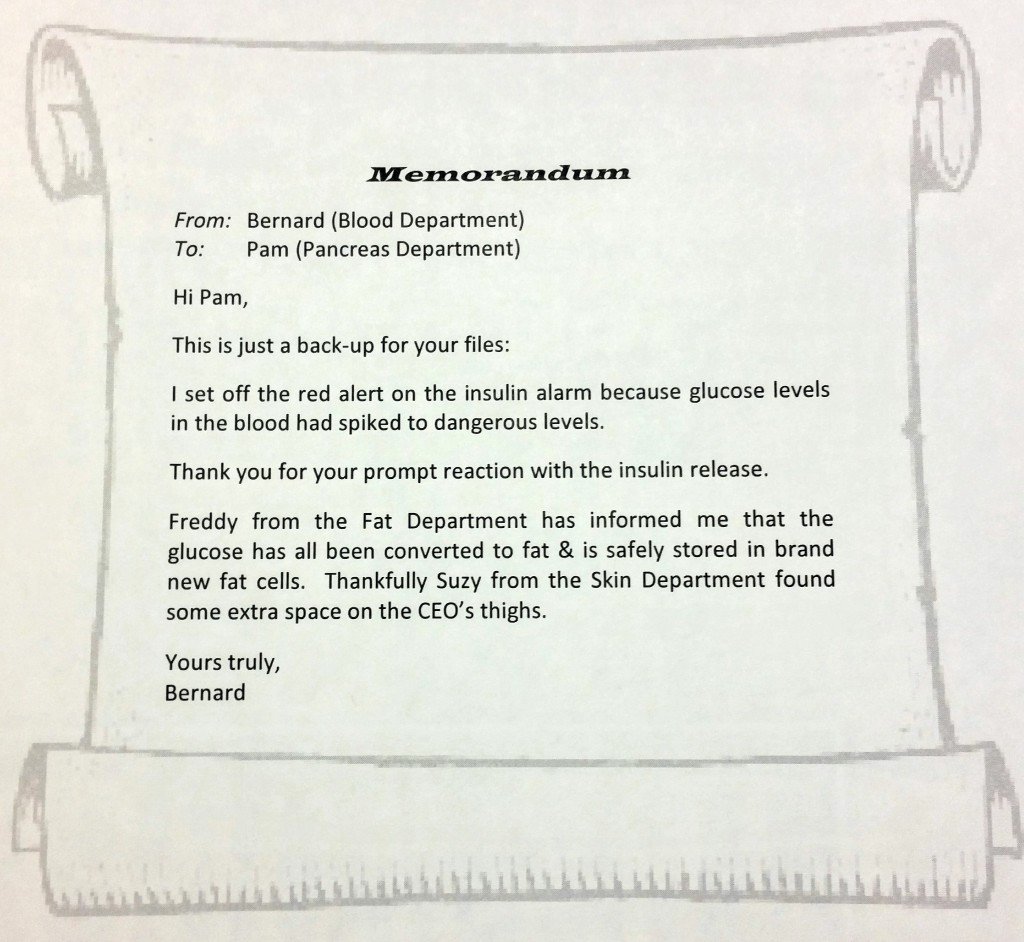
Is Any “Health Food” Healthy?
No.
“Health food” is a marketing scheme.
While it may have a lower calorie count, it has even less nutrients. It’s a processed product with very little real food.
The advertising is designed to make you believe you’re buying healthy food. The packaging has terms like, natural and nutritious, and the picture of the product looks both wholesome and delicious.
Don’t be fooled by these labels:
- low fat
- fat free
- sugar free
- dairy free
- gluten free
- vegetarian/vegan
- natural
Don’t be fooled by a consumer culture that just wants your hard earned money. The only healthy food available in this world is real, whole food.
Is Vegetable Juice Healthy?
No.
Many commercial brands of vegetable juice contain huge quantities of added sodium, as well as fruit juice to enhance the flavour.
Even if you prepare homemade vegetable juice, you’re still editing out the fibre (the pulp).
It’s always better to eat the fruit or vegetable whole.
Chewing burns calories!
If Juice Is Unhealthy, Other Drinks Must Be Worse?
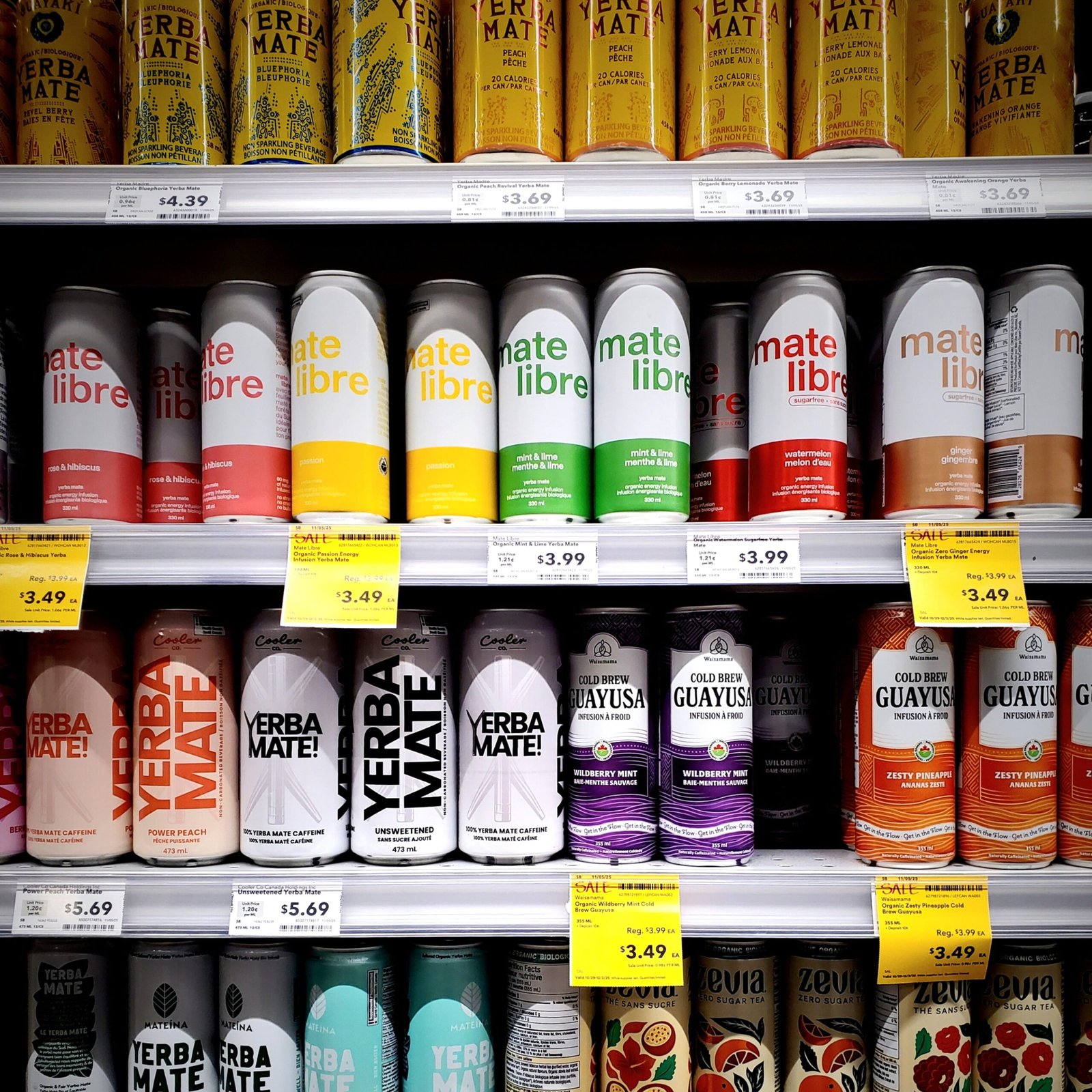
Yes.
Sugary liquid products. These drinks are more of a cocktail containing many nefarious ingredients such as artificial sweeteners or the synthetically manufactured high fructose corn syrup.
There are many sugary and processed drinks containing very little of what we would call, “real, whole food“. They’re caloric, yet have little nutrient value. These drinks slide down your throat easily, adding fat to your body.
- Pop/soda
- Fruit-flavoured drinks
- Sports drinks
Commercial Drinks Are Unhealthy and Unenvironmental
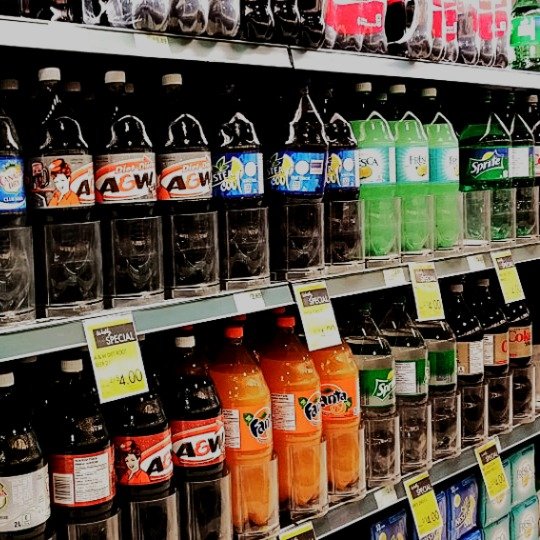
- Soft drinks are merely chemical concoctions with zero food value.
- Precious water is used to produce the drink.
- Energy is used and pollutants created to distribute the product globally.
- The packaging is plastic. Plastic is produced from oil. There’s nothing environmental about oil being extracted from the ground.
- Even recycling these plastic bottles uses up energy.
- What’s more, the plastic container leaches Bisphenol A into the drink. Bisphenol A is an endocrine disruptor mimicking estrogen and studies have shown negative health effects.
- Many “single-use” containers are tossed into the land-fill. Allegedly plastic never breaks down. But it does break apart, finally into pieces so tiny that they get into the ground water and eventually, into the ocean, and then into our food.
So much pollution to package a unnecessary product. By purchasing these drinks you support the corporations that are environmentally irresponsible. Your spending habits are powerful. Think before you buy!
What Can I Drink?
Whatever you want.
But set boundaries around what drinks are worthwhile and take everything else off the table. Then, when a beverage is offered, and it’s not something you’re used to consuming, it’s easier to say “No, thank you”.
My worthwhile drink list is:
- Coffee or tea
- Wine or beer
- And of course, the majority of the time, water.
For me, every other drink in existence is “off the table”.

Make Water Delicious
Add to your glass of water:
- A slice of lemon, lime, orange, grapefruit
- Grated ginger
- Sliced up cucumbers
- A sprig of mint
During the warmer seasons, add ice as well. Your body will burn calories just warming up that frigid water.

Spicy Tea is a recipe that’s simple, delicious and caffeine free, and as unprocessed as it gets. Enjoy!
*
This content is for informational purposes only and does not substitute for formal and individualized diagnosis, prognosis, treatment, prescription, and/or dietary advice from a licensed medical professional. Do not stop or alter your current course of treatment. If pregnant or nursing, consult with a qualified provider on an individual basis. Seek immediate help if you are experiencing a medical emergency.

THRIFTY ♥ ENVIRONMENTAL ♥ HEALTHY